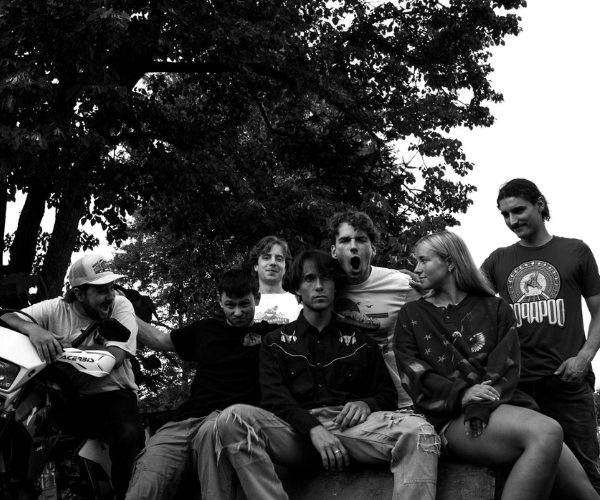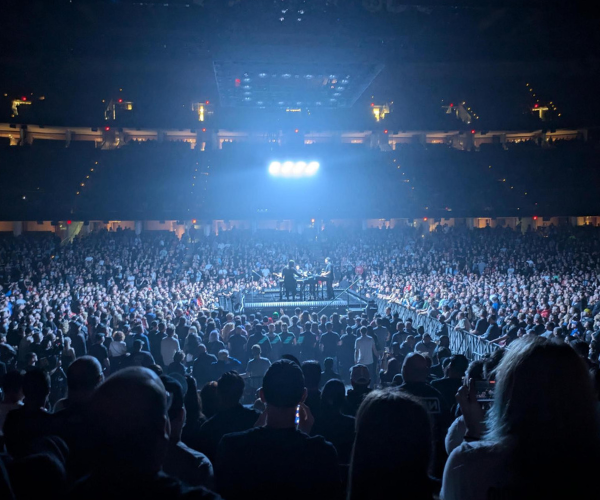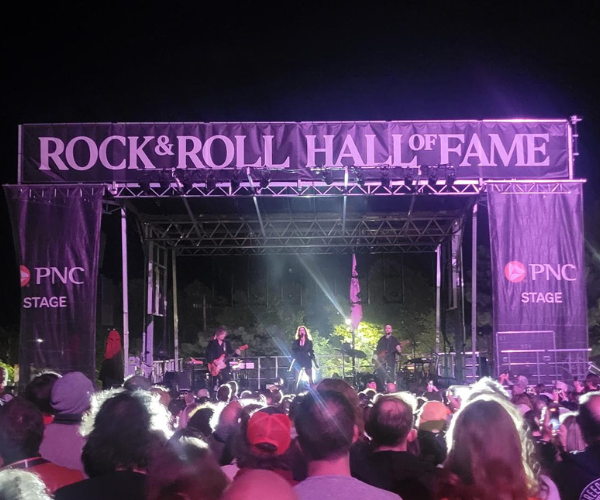The worst thing you could say about the Foo Fighters' new album is that it's perfect. Frontman Dave Grohl agonized over making sure it didn't turn out that way.
He moved his band into his garage, banned computers from any part of the recording process and turned to analog tape to create Wasting Light, an immediate, intense 11-song collection that shows why the Foo Fighters are one of the biggest and most consistent rock acts of the past two decades.
"Part of it was selfish," Grohl says of the decision to record the album at home. "I just couldn't imagine going into some high-tech Hollywood studio for three months and making another rock record that would just feel like another rock record."
Grohl says the band first got the idea to record Wasting Light on tape after listening to two songs they recorded for their 2009 greatest hits album.
"We loved them, but it sounded too clean for us," he recalls. "It didn't have that human element, that little bit of grit or that something that makes it sound like us."
Like most other modern rock bands, the Foo Fighters had been recording digitally since their fourth album, 2002's One By One. But after the greatest hits experience, Grohl teamed with Led Zeppelin's John Paul Jones and Queens of the Stone Age's Josh Homme for a side project called Them Crooked Vultures. The trio recorded its 2009 album by performing together live in the studio and not worrying about fixing every little imperfection. Grohl wanted to bring that energy to the next Foo Fighters record.
"The list of priorities have shifted, and there is some bizarre obsession with perfection that producers have now," he says. "I don't necessarily understand it." The way he sees it, just because every little glitch can be eliminated by computers doesn't mean it should be.
"Honestly, imagine if you took [The Beatles'] Abbey Road and you put all of those tracks into a computer and then you cleaned them all up so they were perfect and you tuned all the vocals," Grohl says. "It would be an entirely different album and, ultimately, probably less enjoyable."
For Wasting Light, the band enlisted producer Butch Vig, who produced Nirvana's Nevermind and whom Grohl has remained close friends with since making that album together. It also features appearances by Grohl's personal guitar hero Bob Mould of Husker Du ("He has a real signature way of playing that I connected with when I was a kid," Grohl says) and Nirvana bassist Krist Novoselic.
"We didn't have too much heavy nostalgia going on," Grohl says of his first collaboration with Vig and Novoselic since Nevermind. "We were too focused on what we were doing, but there definitely was something in the air. It was an incredible moment that we thought would never happen again."
That isn't to say the decision to record on tape didn't have complications. Grohl recalls a fear during the recording process that the tapes were going to degrade, and suggestions along the way that they be archived to a computer so they could be preserved. None of it happened, and Grohl personally made sure it never will with a cool idea that gives fans a reason to buy the CD rather than download the album.
"I chopped the tape up into a million pieces and put a piece in every f---ing CD," he says. "Those are the actual master tapes. I was like, Really, you worried about the tapes? Cool, let's cut them up."



